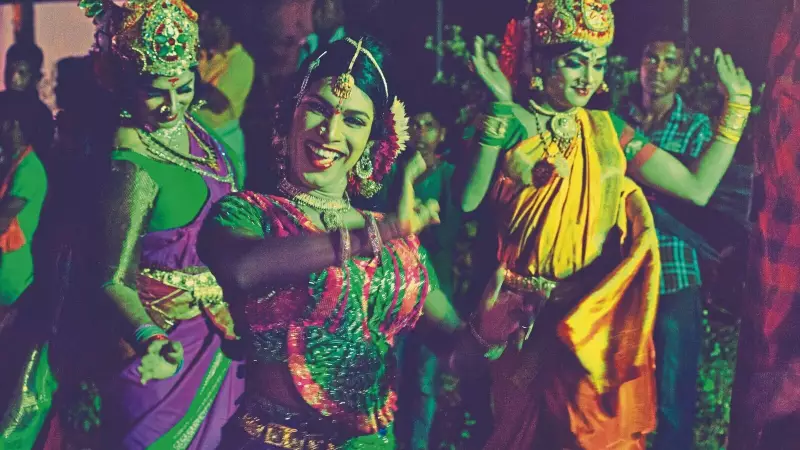
In a powerful literary movement, contemporary authors are excavating India's rich queer history, challenging the colonial-era narratives that long suppressed diverse sexualities. These groundbreaking works reveal how British imperialism systematically erased and criminalized same-sex relationships that had existed for centuries in South Asian culture.
Colonial Shadows: The Legacy of Section 377
The notorious Section 377 of the Indian Penal Code, imposed by British colonizers in 1861, cast a long shadow over India's queer community for more than 150 years. This draconian law criminalized "carnal intercourse against the order of nature," effectively making same-sex relationships illegal. What many don't realize is that this legislation represented a stark departure from India's historical acceptance of diverse sexual expressions.
As historian Ruth Vanita explains in her seminal work, same-sex love and relationships were documented in Indian literature and historical records long before British rule. Ancient texts like the Kamasutra and medieval poetry contain numerous references to same-sex relationships and gender fluidity, suggesting a more inclusive pre-colonial society.
Rediscovering Lost Narratives
Contemporary scholars and writers are now undertaking the crucial work of recovering these lost histories. Through meticulous research of court records, personal diaries, and literary works, they're piecing together the vibrant tapestry of queer life that existed before colonial intervention.
These studies reveal fascinating insights:
- Documented cases of same-sex relationships in Mughal-era India
- Evidence of gender-nonconforming individuals in various royal courts
- Same-sex intimacy in classical Indian literature and poetry
- Traditional acceptance of diverse gender expressions in certain communities
The Literary Renaissance
The recent wave of queer Indian literature represents more than just academic interest—it's a form of cultural reclamation. Authors are creating spaces for queer characters and stories that reflect the complex realities of modern India while honoring historical traditions.
This literary movement serves multiple purposes:
- Providing representation for queer Indians seeking to understand their place in history
- Challenging the notion that queerness is a Western import
- Creating dialogue around sexuality and identity in contemporary Indian society
- Building bridges between historical acceptance and modern rights movements
Beyond Legal Victory: Cultural Transformation
While the Supreme Court's 2018 decision to decriminalize homosexuality marked a significant legal milestone, the cultural work continues. The current generation of queer writers and scholars understands that true acceptance requires changing hearts and minds through storytelling and historical education.
These literary works demonstrate that queer Indians aren't seeking new rights, but rather the restoration of freedoms that existed before colonial disruption. By connecting modern LGBTQ+ identities with India's rich cultural past, these authors are building a more inclusive future rooted in authentic tradition rather than imported prejudices.
The emergence of this queer historical scholarship represents a vital step toward healing colonial wounds and reclaiming India's diverse heritage of love and desire.





